If saltwater mangroves (which are adapted to brackish or marine environments) start appearing in freshwater rivers, it can create several serious ecological problems:
Salinity Imbalance
Mangroves thrive in salty or brackish water and often change the chemistry of their surroundings. When they grow in freshwater:
- They can increase soil and water salinity, harming native freshwater plants and animals that can’t tolerate salt.
- This disrupts the delicate freshwater ecosystem balance, affecting everything from algae to fish.
Competition with Native Species
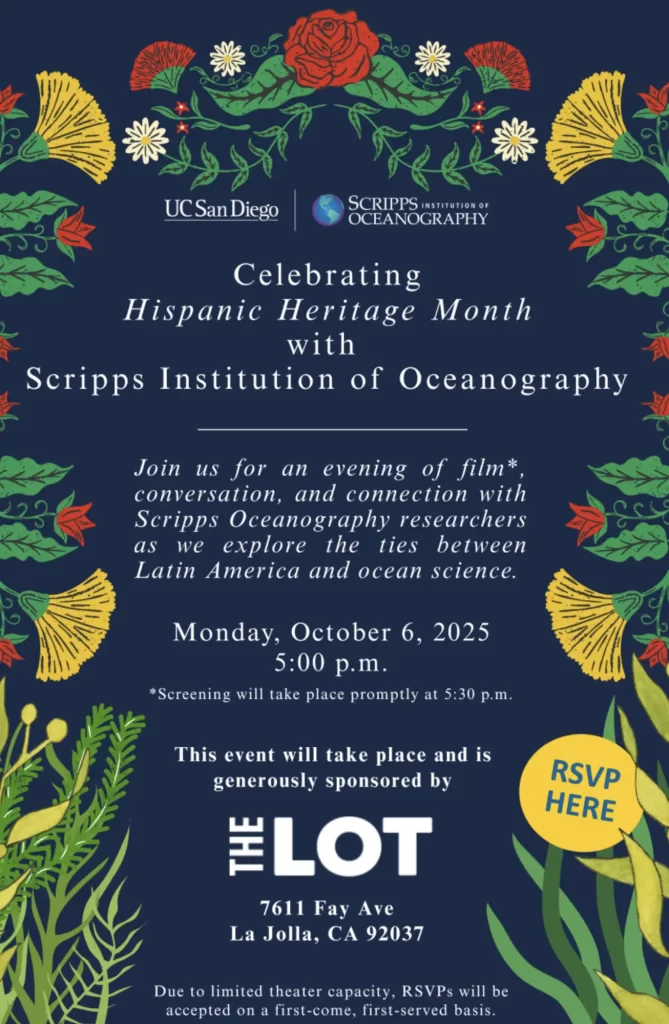
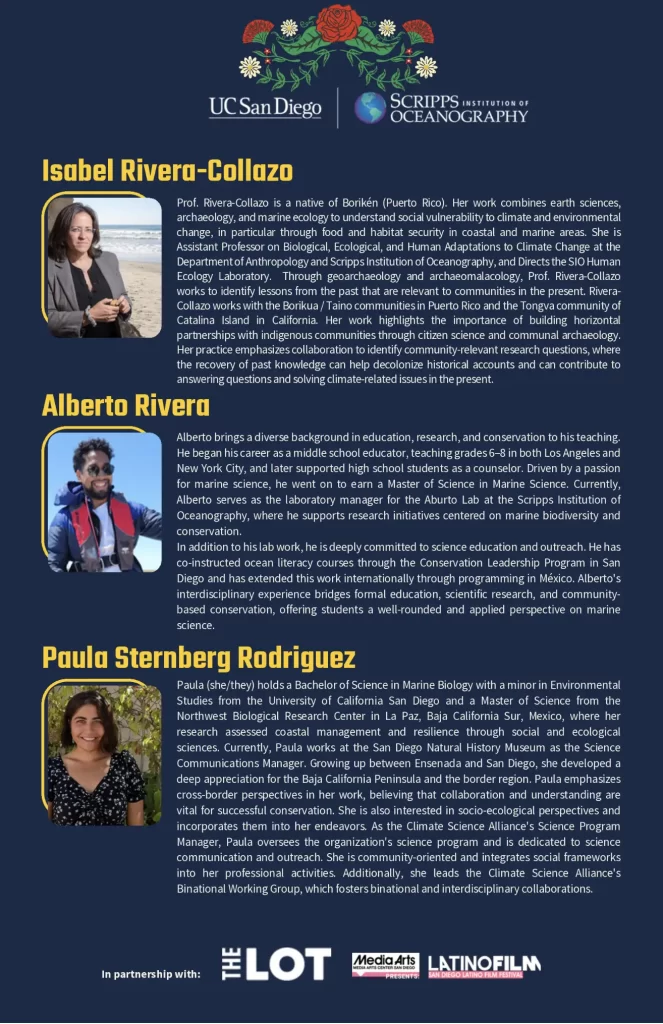
Mangroves are very competitive plants with dense root systems and fast growth.
- They can outcompete native freshwater vegetation, such as reeds and water lilies.
- This loss of native plants leads to reduced food and shelter for freshwater fish, insects, and birds.
Habitat Alteration
Mangroves physically reshape the environment:
- Their roots trap sediment, changing water flow and depth.
- This can lead to reduced oxygen levels in the water, impacting aquatic species.
- Riverbanks can become more clogged or stagnant, affecting water quality and flow.
Indicator of Environmental Change

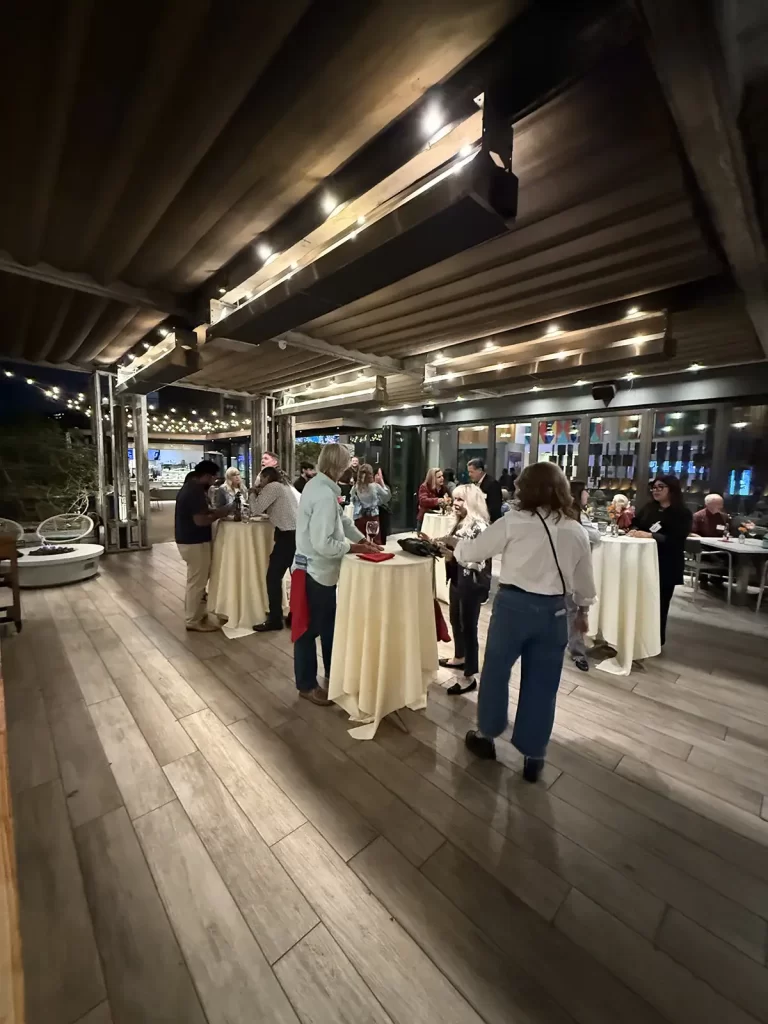
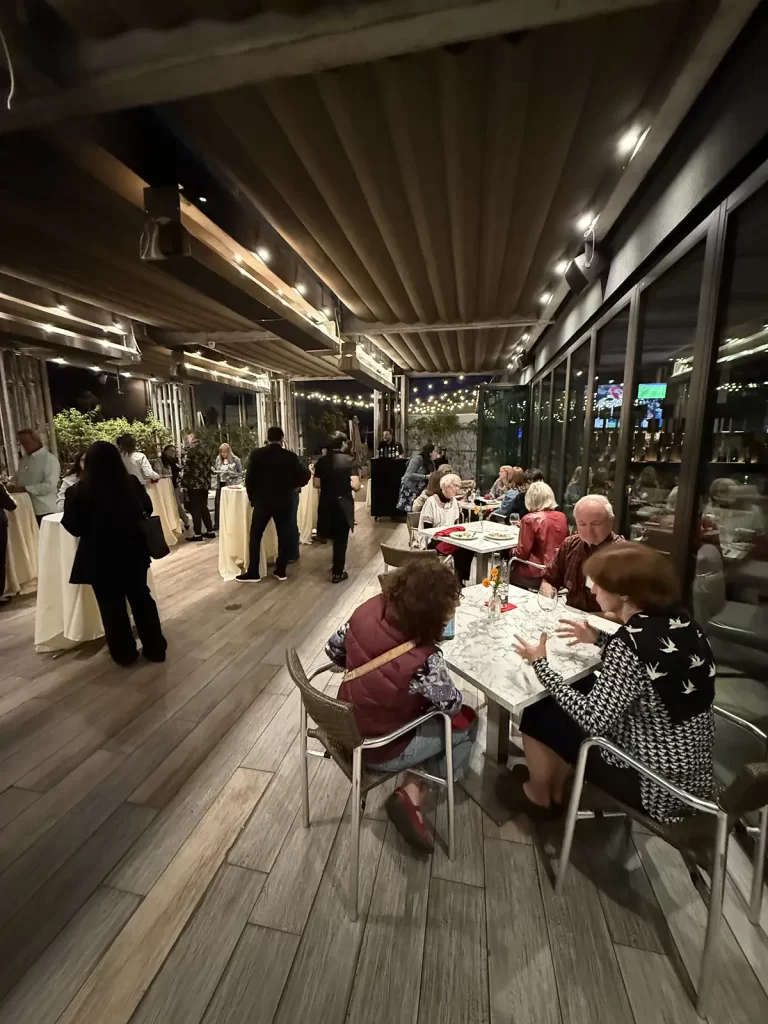
The appearance of saltwater mangroves in freshwater zones can be a warning sign:
- It may indicate saltwater intrusion (rising sea levels or over-extraction of groundwater) pushing salty water inland.
- This is often linked to climate change and coastal ecosystem stress
In short:
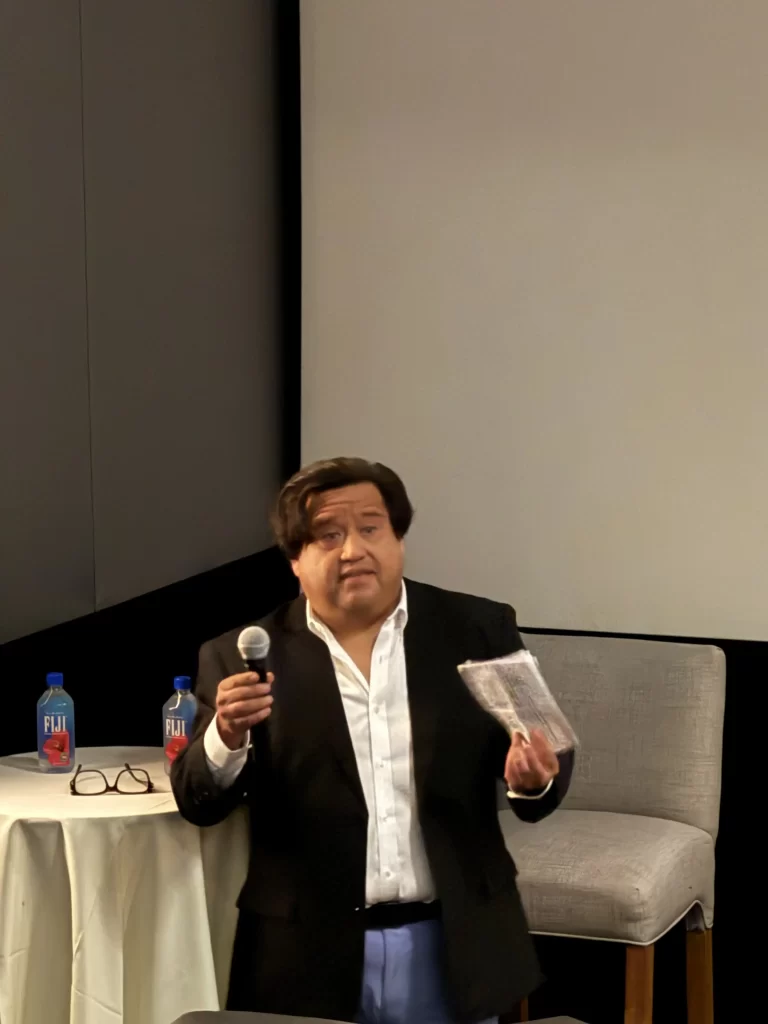
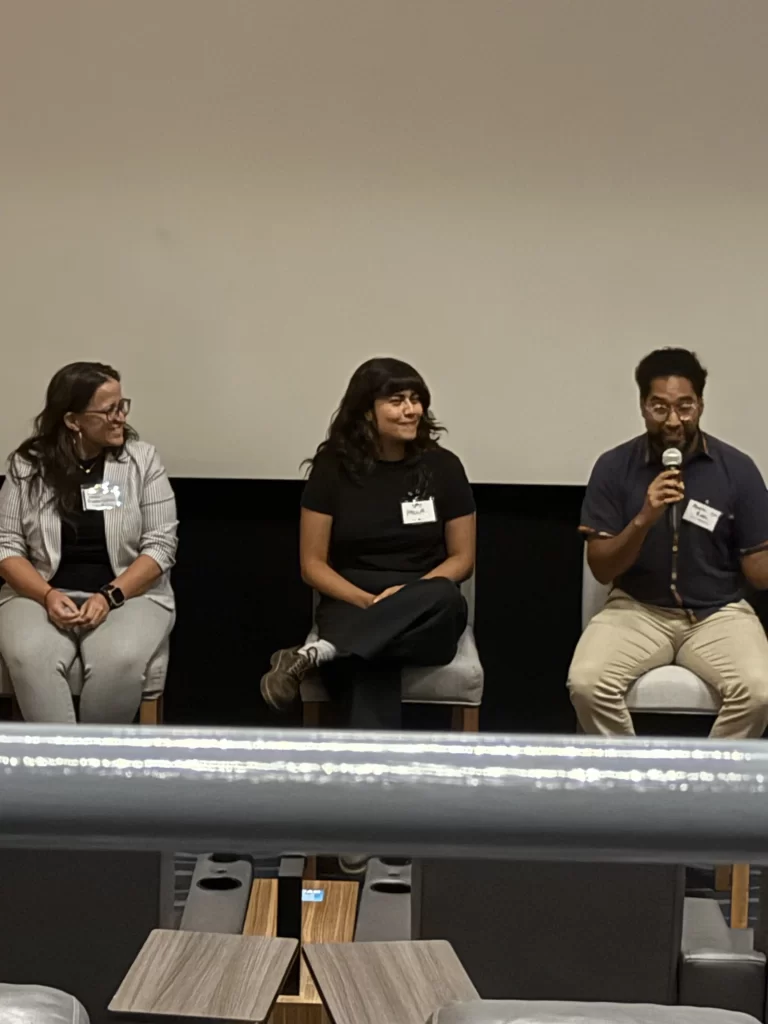
Saltwater mangroves in freshwater rivers are a red flag — they don’t belong there naturally, and their presence usually signals both ecological imbalance and environmental degradation.
The text above highlights our inspiring experience at the Hispanic Heritage Month Celebration with the Scripps Institution of Oceanography.
La Revista Binacional had the opportunity to watch the short film “Memories of the Future: The Modern Discovery of a Relict Ecosystem”, directed by Octavio Aburto-Oropeza and produced by Ben Fiscella Meissner. Special thanks to Guido Oliva for the kind invitation.
The film creates a powerful connection between researchers and the audience, raising awareness about the environmental and ecological challenges currently affecting Tabasco, Mexico.
The celebration continued with a wonderful reception where guests mingled, networked, and discussed ways to become more conscious and proactive about our planet’s well-being.
A heartfelt thank-you to The LOT La Jolla and Media Arts Center San Diego for making this meaningful event possible.







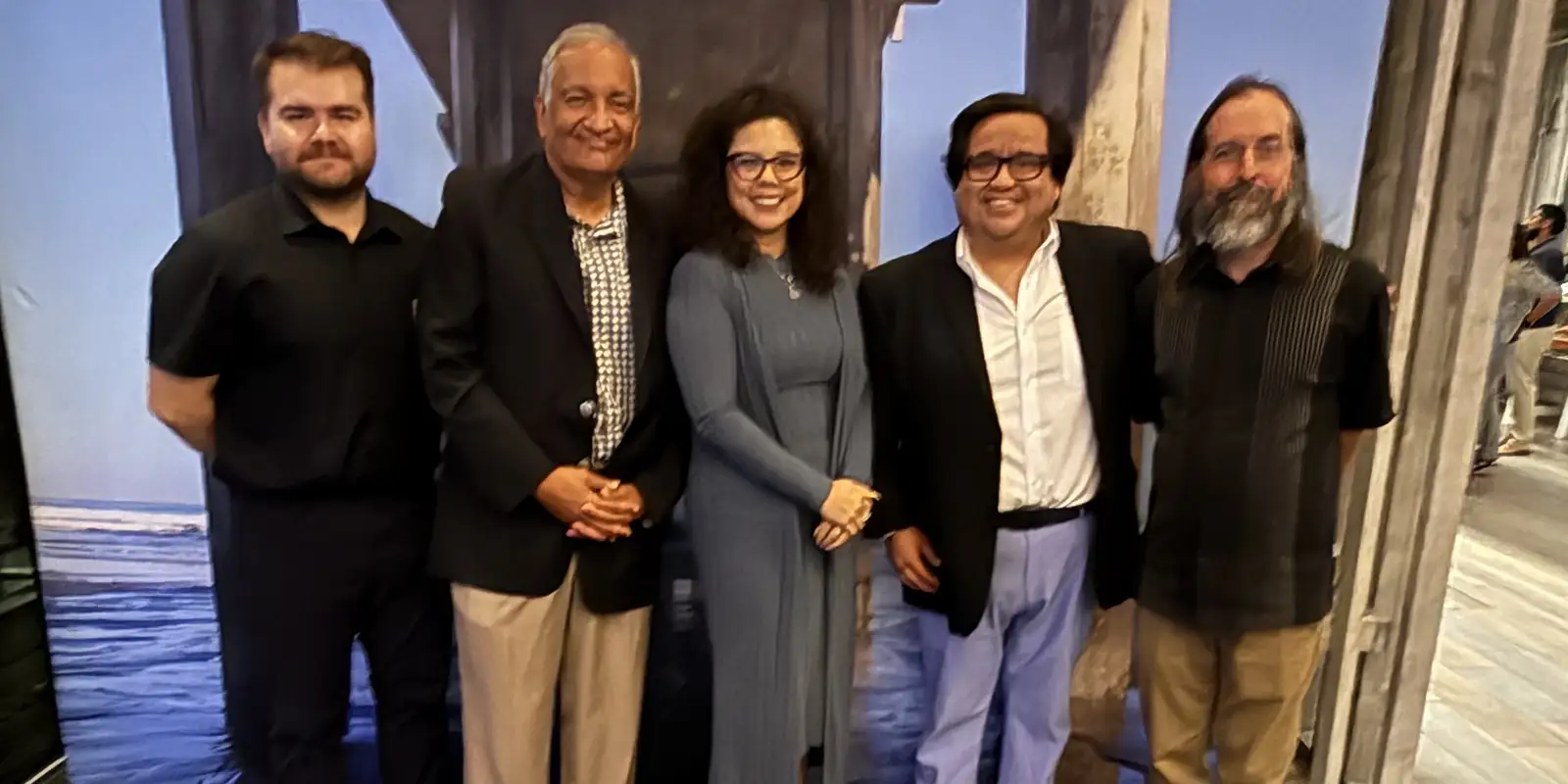






























Leave a Reply